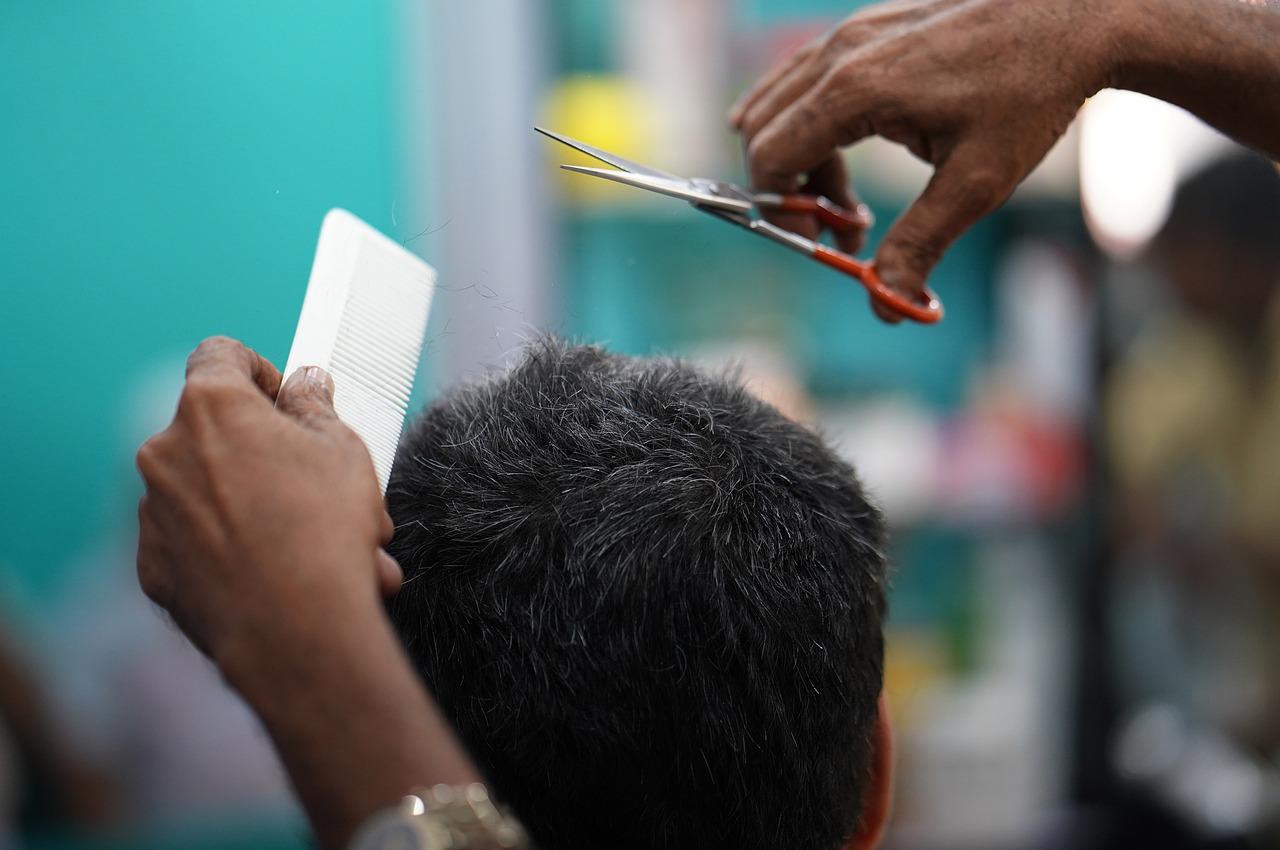New rules slap 400,000 KATA subjects in the face

Fundamental changes to KATA from September
The new regulations accepted on 12 July 2022 include several sections with impossible demands that put unexpected burdens on the more than 430,000 KATA taxpayers, essentially eliminating KATA starting from September. The most important changes are as follows:
1. Only private clients are allowed
The new regulation states that KATA taxpayers can issue invoices only to natural persons as opposed to companies; only taxi drivers are exempt from this restriction. However, there are very few KATA subjects who do not provide their services or products to companies at least sometimes. Hairdressers may work for event planners, plumbers for hotels or rental management companies, language teachers to companies offering courses to their employees, translators for translation agencies, just to name a few. Now these people lose their eligibility for KATA if they have even one corporate client.
2. HUF 50,000 / month for everyone
Currently, KATA offers several plans for paying taxes. HUF 25,000 is paid by those who have a full-time job and have KATA as a side business; HUF 50,000 is the regular bulk payment for those who work only under KATA; and HUF 75,000 can be paid by those who wish to get an increased pension at the end of their career (since the regular bulk payment only allows for the bare minimum). In the new scheme, however, only the HUF 50,000 contribution is mentioned, without any allowances for those working a full-time job or for those who want to give a boost to their pensions.
3. New rules to come into force as of September
While previously it was suggested that new regulations would be introduced starting from next year, now they are meant to come into force as of September. This leaves an unexpectedly short time for more than 400,000 KATA taxpayers to review their client portfolios and their business plans, and to learn about the pros and cons of other tax regimes in Hungary. There is also a pressure on business owners who based their own business plans on a number of individual providers, such as food delivery startups or translation agencies. Moreover, there are simply not enough accountancy providers to attend to everyone who will need their expertise. In addition, all this happens in the middle of summer, when many people are (or at least originally planned to be) on vacation.
Other important changes to KATA
While until now several forms of business were allowed to choose KATA (including one-person companies, lawyer’s offices, and limited partnerships that have only natural persons as their members), starting from September only those can remain KATA subjects who are self-employed in full time.
Currently, the income limit for both KATA eligibility and VAT exemption is HUF 12 million / year, where not more than HUF 3 million can be billed to the same client. If either limit is exceeded, an extra 40% is imposed on the client. Starting from September, the limit for KATA eligibility is increased to HUF 18 million / year, while the limit tied to individual clients is abolished.
Those who remain eligible for KATA and wish to remain KATA subjects must make a declaration to this effect between 1 August and 25 September 2022. Those who wish to switch to flat-rate taxation (which is the most favorable option for them) for the rest of 2022 must make a declaration to this effect until 31 October 2022.
Possible effects of the new KATA regulation
While the main focus of the regulation change was to reduce disguised employment and increase tax incomes, it will certainly have various adverse effects.
1. KATA subjects who want to retain their KATA status will return many transactions, originally made transparent thanks to KATA, to the black economy. This way there will be no tax income on these transactions.
2. Doing business under any other tax regime will become unfeasible for many current KATA subjects who will simply give up their business. There will be no transactions happening, with no tax income from them.
3. Even those businesses that remain feasible will have to account for increased expenses which will surely be incorporated into their prices, this way giving another push to inflation.
Accountants are your best allies
Are you either a KATA subject or a business owner with a business model based on KATA subject providers? If yes, make sure to review your procedures and collect your questions before you contact your accountant. Be patient, though: in the coming weeks, accountants will probably be overwhelmed with questions coming from existing and potential new clients. The Helpers Team is also busy watching the developments and best practices being developed.
Helpers Finance provides accountancy and bookkeeping services to small and medium-sized companies in Hungary, with a special expertise is working with foreign owners under regular corporate tax or KIVA. If you need assistance, feel free to contact us.
The post New rules slap 400,000 KATA subjects in the face appeared first on Helpers Finance.


